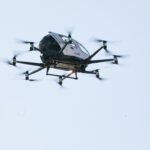Introduction
Key Points to Consider
Drones are becoming increasingly popular, and whether you’re considering flying one for fun or planning to operate a drone for commercial purposes, it’s essential to be informed about the specific regulations and requirements in North Carolina. As a new drone pilot, navigating the various laws and guidelines can feel overwhelming. So, what should you keep in mind before taking to the skies? Let’s break it down! ✈️ From my own experience, starting as a hobbyist before transitioning to commercial drone photography, I quickly realized that understanding the legal landscape is crucial. Here are some key points to consider:
- Types of Drone Licenses: Different licenses may apply depending on your intended use. Are you flying for fun or planning to make money? Knowing the distinctions is vital. 🚀
- Eligibility Criteria: Not everyone can just hop in the pilot seat. You’ll need to meet specific requirements, like age and health criteria. Being aware of these can save you time and effort!
- Application Process: Securing your drone license involves a series of steps that may seem tedious but are designed to ensure safety and accountability. I remember the sense of accomplishment once I completed mine! 😅
- Regulatory Compliance: Drones don’t have the free reign you might think. Understanding FAA regulations and local laws is necessary to avoid any legal hiccups.
- Insurance Needs: Did you know that certain drone operations require insurance? If you’re using your drone for a business venture, investing in the right insurance can protect you and your equipment.
- Restrictions on Operations: Familiarize yourself with no-fly zones, altitude limits, and privacy issues. I learned this lesson the hard way while trying to capture footage near a local airfield—the right location is everything!
So, as you gear up for your drone adventure in North Carolina, remember that knowledge is your best co-pilot. This guide will help you navigate the intricacies of obtaining your drone license and ensure you’re well-prepared for whatever comes your way. Let’s dive into the specifics of the NC drone license requirements next!
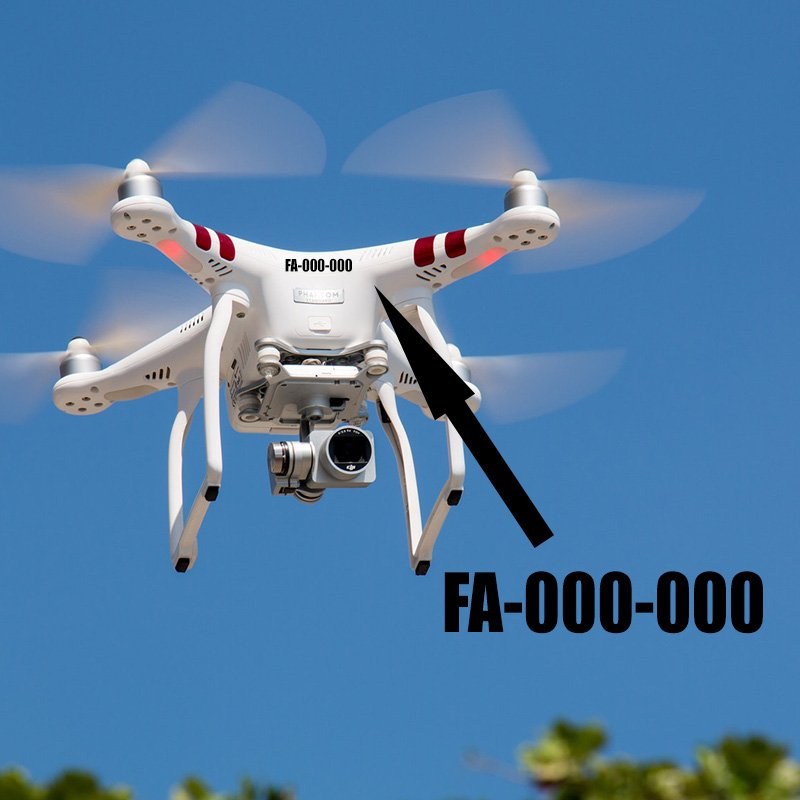
Understanding NC Drone License Requirements
Types of Drone Licenses
Now that you’ve grasped the key points to consider, let’s dive into the nitty-gritty of drone licenses in North Carolina. It’s important to know that not all drone licenses are created equal. Depending on how you plan to use your drone, you’ll need to choose between the following types of licenses:
- Recreational Pilot Certificate: Perfect for hobbyists who just want to fly for fun! You don’t need a formal license, but you must adhere to specific guidelines outlined by the FAA. Just remember that safety is still your responsibility! 🛩️
- Part 107 Remote Pilot Certificate: This is your go-to if you’re planning to fly drones for commercial purposes or to earn money. Obtaining this certification allows you to operate your drone legally for various applications, like aerial photography, inspections, and surveying.
- State-Specific Requirements: Depending on local regulations, there could be additional requirements for operating drones in specific areas of North Carolina. Always do your research or ask locals about any special guidelines to follow.
Eligibility Criteria
Now, let’s talk about who can be a drone pilot. It’s essential to understand the eligibility criteria to avoid any bumps in your pathway to becoming licensed.
- Age: You must be at least 16 years old to apply for the Part 107 Remote Pilot Certificate. 🌟
- Language Proficiency: You should be able to read, speak, write, and understand English. This is crucial not only for tests but also for communicating effectively when operating your drone in busy surroundings.
- Mental and Physical Condition: You must be in a good mental state, and if you’ve ever experienced a medical condition that could impair your ability to pilot a drone, you’ll need to provide a statement from your doctor confirming you’re fit for flying.
- Background Check: For commercial pilots, a TSA vetting process will be required before you can obtain your license.
By understanding these types of licenses and the eligibility criteria, you’re one step closer to hitting the skies responsibly and legally! Next, we’ll explore the FAA regulations that govern drone use in North Carolina, ensuring you’re well-informed about the law before you soar.
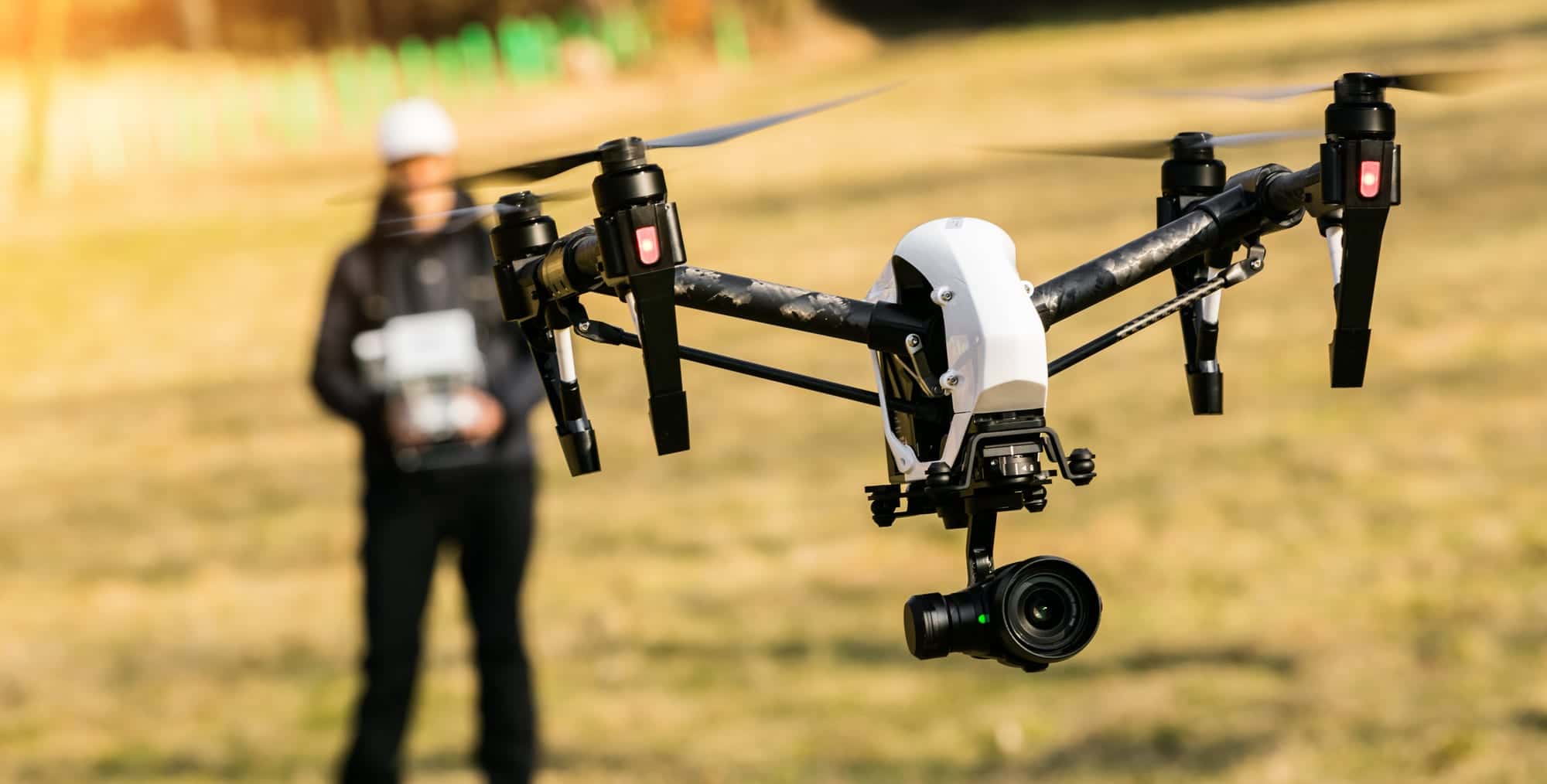
FAA Regulations for Drones in North Carolina
Overview of Federal Laws
With a solid understanding of the types of drone licenses and eligibility criteria, it’s essential to familiarize yourself with the Federal Aviation Administration (FAA) regulations that govern drone operations in North Carolina. These laws ensure that all drone pilots contribute to a safe airspace for everyone. 📜 As someone who carefully navigated these regulations when I first started flying, I can tell you that knowing the rules can drastically enhance your experience and keep you in good standing legally. Here’s a breakdown of the key federal laws that every drone pilot should be aware of:
- Registration Requirement: All drones weighing more than 0.55 lbs (about 250 grams) must be registered with the FAA. The registration process is straightforward and can be done online, usually costing around $5. You’ll receive a unique registration number that must be displayed on your drone. 🛩️
- Part 107 Regulations: If you’re a commercial pilot, you’ll be operating under the Part 107 regulations. These encompass rules on maximum altitude (400 feet), drone weight limitations, and restrictions on flying over people. Also, you should fly away from manned aircraft and avoid operating within controlled airspace unless you have prior authorization.
- Visual Line of Sight (VLOS): Pilots are required to maintain a direct visual line of sight with their drone at all times. This rule ensures you can manage risks, avoid collisions, and monitor your drone’s performance effectively.
- Night Flying Restrictions: As of now, flying drones at night is limited but not impossible. If you want to fly at night, you’ll need special training and equipment, such as anti-collision lights to maintain visibility. 🌙
- Privacy and Obtaining Permission: Always respect the privacy of individuals when flying. Avoid capturing images or videos of people without their consent, as this could lead to legal issues. It’s best to err on the side of caution!
By familiarizing yourself with these FAA regulations, you’ll not only be a safer pilot but also enjoy your drone experience with peace of mind. Next, we will tackle the steps involved in obtaining your drone license in North Carolina, ensuring you’re well-prepared to take to the skies!

Steps to Obtain a Drone License in North Carolina
Application Process
Now that you are armed with knowledge about federal regulations, let’s dive into the actual steps needed to secure your drone license in North Carolina. The application process may seem daunting at first, but believe me, it’s quite manageable once you know what to expect. ✅
- Determine Your License Type: Start by deciding whether you need a Recreational Pilot Certificate or a Part 107 Remote Pilot Certificate. This will set the stage for your next steps.
- Register Your Drone: If your drone weighs over 0.55 lbs, register it with the FAA. The online process is quick and typically costs around $5. I remember how validating it felt to have my registration completed—it instantly made my flying feel more official!
- Prepare for the Exam (for Part 107): If you’re aiming for the Part 107 certificate, you’ll need to pass a knowledge test. This is essential because it demonstrates your understanding of the regulations and safety procedures.
- Schedule Your Test: You can schedule your FAA test at a designated testing center near you. Slots can fill up quickly, so it’s wise to book in advance! A little tip: always check the cost associated with the test, which usually ranges from $150. 💸
- Take the Exam: On the day of the exam, arrive with confidence and ready to demonstrate what you’ve learned. The test covers topics like airspace classifications, weather, and emergency procedures.
Exam Preparation Tips
Once you’ve registered and scheduled your test, it’s vital to prepare effectively. Here are some of my personal tips to help you nail the exam:
- Study Resources: Utilize FAA resources, study guides, and online courses to familiarize yourself with everything you need to know. Websites like the FAA’s own resources or platforms like Remote Pilot 101 can be invaluable. 📚
- Practice Tests: Many online platforms offer practice exams that can give you a feel for the actual test. I found these incredibly helpful because they built my confidence!
- Join a Community: Connect with other drone enthusiasts. Online forums or local drone clubs can provide insights and answer questions you might have—plus, it makes studying more fun!
- Take Your Time: Don’t rush through your preparation. If you feel uncertain about a concept, revisit it. It’s better to be well-prepared than to rush into the exam.
Once you’ve mastered these steps and tips, you’ll be well on your way to getting your drone license! Next up, we’ll cover the renewal and recertification procedures to keep you flying high.

Renewal and Recertification Procedures
Congratulations on obtaining your drone license! 🎉 The journey doesn’t end there; ensuring you keep your certification up-to-date is equally important. Understanding the renewal and recertification procedures will help you maintain compliance and stay in good standing as a drone pilot in North Carolina. Let’s break it down!
When to Renew Your License
For those holding a Part 107 Remote Pilot Certificate, it’s important to know that your license is valid for 24 months. After that period, you’ll need to renew your certification to continue legally flying drones for commercial purposes. Here are some key points regarding renewal:
- Timeline for Renewal: You can start the renewal process up to six months before your certificate expires. It’s wise to set a reminder on your calendar. Trust me; it can sneaky catch you off guard if you’re not vigilant! ⌛
- Retesting Requirements: You’ll need to complete a knowledge test again to renew your certificate. This means brushing up on everything from airspace rules to emergency procedures. I always recommend looking over the FAA’s latest updates, as they sometimes change regulations!
Steps to Renew Your Certificate
- Choose Your Testing Center: Like when you first got your license, schedule your test at an FAA-approved center that suits your convenience. Don’t forget to check for the renewal fee!
- Study the Right Material: Prepare using the most recent FAA resources and any updates released since your last examination. These materials can help ensure you’re up to speed, especially with any new regulations. 📖
- Take the Exam: Just like before, approach the test with confidence. If you’ve stayed updated and studied well, you should do just fine!
- Submit Your Application: Once you pass the test, make sure to submit your renewal application to the FAA. Keep a copy for your records as it’s a great way to document your continual compliance with regulations.
- Stay Informed: Regularly check for news from the FAA or local drone clubs to stay in touch with any regulatory changes that might affect your certification requirements in the future.
By keeping on top of these renewal and recertification processes, you’ll ensure you remain an informed and responsible drone pilot. Up next, we will discuss the restrictions on drone operations in North Carolina to ensure your flying experience is both enjoyable and lawful.
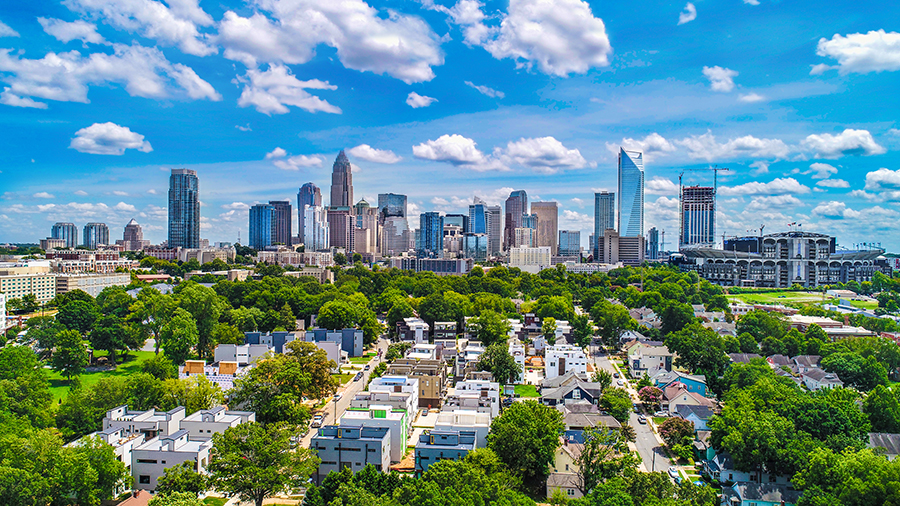
Restrictions on Drone Operations in North Carolina
As you continue your journey as a drone pilot, it’s crucial to understand the restrictions that come with flying in North Carolina. Knowing these regulations not only keeps you within the legal framework but also ensures the safety of everyone around you. After all, responsible flying leads to a more enjoyable experience for all involved! 🌟
No-Fly Zones
One of the most important restrictions you’ll encounter are no-fly zones. These are areas where you cannot operate your drone due to safety concerns and the protection of airspace. Here are some common no-fly zones you should always be aware of:
- Near Airports: You cannot fly your drone within five miles of an airport without obtaining permission from the control tower. I learned this the hard way when I mistakenly tried to capture aerial footage near a local airport without realizing the proximity! A quick call can save you a lot of trouble. 🛩️
- Government Buildings and Military Bases: Flying near sensitive governmental locations, such as military installations or prisons, is strictly prohibited. These areas have heightened security, and operating a drone could lead to serious legal consequences.
- Crowded Events: If there’s a large public gathering or event, flying your drone can pose risks to public safety. Always check local regulations regarding drone use at such events.
Altitude and Flight Restrictions
Beyond no-fly zones, there are altitude restrictions that every drone pilot must adhere to. Here are some key guidelines:
- Maximum Altitude: Drones should never fly higher than 400 feet above ground level, unless you are flying within 400 feet of a structure. It’s easy to lose track of your altitude when you’re captivated by stunning views, so always keep an eye on your altitude meter! 📏
- Weather Conditions: Flying in adverse weather conditions, such as high winds, rain, or low visibility, is discouraged. Flying in these conditions can be dangerous—not just for you but for nearby aircraft as well. Always check weather forecasts before your flight.
Privacy Considerations
Respecting people’s privacy is crucial when flying. Avoid capturing images or videos of individuals without their consent. In North Carolina, violating someone’s privacy could lead to legal issues and damage your reputation as a responsible drone pilot. By being aware of these restrictions, you’ll not only navigate North Carolina’s skies safely but will also maintain a commendable standing within the drone piloting community. Next, we’ll go over the insurance requirements for drone pilots, ensuring that you’re fully prepared to handle any unforeseen situations that may arise.

Insurance Requirements for Drone Pilots
As you venture further into the world of drone flying in North Carolina, understanding the insurance requirements is vital. Having the right insurance not only protects you but also provides peace of mind as you navigate the skies. I remember when I first started out, I didn’t think insurance was that important—until I witnessed a fellow pilot accidentally crash his drone into a nearby tree! 🌳 That moment taught me the value of being covered. Here’s what you need to know about drone insurance.
Types of Coverage
As a drone pilot, you have a few different types of insurance options to consider, depending on how you plan to use your drone:
- Liability Insurance: This is the most important type of coverage for drone pilots. Liability insurance protects you against third-party claims arising from injuries or damage to property due to your drone operations. Many commercial clients may even require you to have liability insurance before hiring you!
- Hull Insurance: This offers protection for your drone and equipment itself. If your drone experiences damage due to a crash or theft, hull insurance can help you cover the costs of repair or replacement. I wish I’d had this coverage when I unintentionally crashed my drone into a lake during an exhilarating morning flight! 💦
- Payload Insurance: If you are carrying valuable equipment or specialized gear with your drone (like cameras or sensors for inspections), this coverage can help protect against loss or damage.
Determining Your Coverage Needs
- Evaluate Your Operations: First, assess how you plan to use your drone. Are you flying for recreational purposes, or are you operating commercially? This will influence the type of coverage you may need. Commercial operators usually require more extensive insurance.
- Consult with Insurance Agents: I recommend talking to an insurance agent familiar with drone operations to get tailored advice. They can guide you on the best policies and coverage levels suitable for your specific needs.
- Join Drone Associations: Organizations like the Academy of Model Aeronautics (AMA) or the Association for Unmanned Vehicle Systems International (AUVSI) often offer insurance solutions for members. Joining such communities can be beneficial both for insurance purposes and networking!
Having the right insurance coverage makes a significant difference in your overall flying experience. Not only does it protect you financially, but it also helps build trust with clients and the community. Next, we will explore the differences between commercial and recreational drone licensing, ensuring you have the best information as a pilot!

Commercial vs. Recreational Drone Licensing
Having an understanding of drone insurance helps you prepare for unexpected situations, but it’s equally important to differentiate between commercial and recreational drone licensing. Each category comes with its own rules and requirements, so knowing where you fit in is vital for compliance and operational success. Let’s break it down! 🛩️
Recreational Drone Licensing
If you’re just flying for fun, recreational drone flying might be the right path for you. Here are some key features to consider:
- No Formal License Requirement: As a recreational pilot, you don’t need a formal license. However, you must follow the FAA’s guidelines for recreational flying. This includes registering your drone if it weighs more than 0.55 lbs.
- Operational Limitations: You must adhere to certain restrictions, such as flying below 400 feet and maintaining visual line of sight with your drone at all times. Additionally, you cannot fly in restricted airspace without permission, which means studying local regulations and no-fly zones is crucial!
- Community-Based Guidelines: Recreational flyers should follow the guidelines set by a community-based organization, like the Academy of Model Aeronautics (AMA). These organizations help promote safe practices and community support.
Commercial Drone Licensing
If you plan to operate a drone for business purposes—whether for photography, inspections, or surveying—you’ll need a Part 107 Remote Pilot Certificate. Here’s what you need to know:
- Formal Licensing Required: To fly commercially, you must pass a knowledge test (as we discussed previously) and obtain your Part 107 certificate. This validates your understanding of federal regulations and airspace restrictions, which clients appreciate!
- Expanded Operational Capabilities: With a commercial license, you’re allowed to operate in more complex environments and may even engage in nighttime operations or fly beyond visual line of sight (subject to additional requirements). This opens up great opportunities for various applications!
- Liability and Insurance: Commercial operators traditionally face more significant liabilities, so solid insurance coverage becomes even more critical. Clients often expect you to have liability insurance before trusting you with projects.
- Higher Revenue Potential: The most significant difference is the earning potential. Flying drones commercially can be quite lucrative, especially in fields such as real estate, agriculture, and cinematography.
Understanding the distinctions between recreational and commercial drone licensing helps you select the right path based on your goals. Whether you’re flying for pleasure or profit, being informed leads to better safety practices. Next, we’ll explore the training programs available for drone pilots in North Carolina to help you enhance your skills and knowledge!

Training Programs for Drone Pilots in North Carolina
With a solid understanding of commercial versus recreational drone licensing, you might be wondering how to sharpen your skills and deepen your knowledge. Fortunately, North Carolina offers a variety of training programs tailored for aspiring drone pilots. As I embarked on my own drone journey, I found that enrolling in specialized training made all the difference in boosting my confidence and abilities. Let’s explore some fantastic options available to you! 🌟
Types of Training Programs
- Certificate Courses: Many local universities and community colleges offer certificate programs in drone technology. These courses usually cover topics like aviation regulations, flight safety, and practical flying skills. For example, the North Carolina State University has an excellent Drone Pilot Certificate Program that combines theoretical knowledge with hands-on flying experience.
- Online Courses: If in-person training doesn’t fit your schedule, online options are a great alternative! Websites like Udemy and Coursera offer comprehensive courses that cover everything from drone operation basics to advanced flying techniques. Many of these courses also prepare you for the Part 107 knowledge test.
- Workshops and Seminars: Keep an eye out for workshops hosted by drone manufacturers, industry leaders, or local drone organizations. These interactive events often feature guest speakers, hands-on demonstrations, and Q&A sessions that can provide you with valuable insights. I attended a workshop once that focused on drone photography, and I left with tips that significantly improved my aerial shots! 📸
Flight Training Providers
- Local Flight Schools: Some flight schools now offer specialized drone training alongside traditional flight instruction. They can provide personalized training in various environments and often have access to simulators to help perfect your skills before taking to the skies.
- Drone Clubs and Community Groups: Joining a drone club can be an excellent way to learn from experienced pilots. These clubs often have regular meet-ups, training days, and events where novices can receive tips and firsthand instruction.
Tips for Choosing the Right Program
- Assess Your Goals: Consider whether you want to learn purely for recreational fun or venture into commercial flying. Your goals will help you pick the right program.
- Check Reviews and Recommendations: Don’t hesitate to ask other pilots for recommendations on training programs. Online reviews can also help you gauge the effectiveness and quality of training.
- Investigate Costs and Time Requirements: Compare different programs’ costs and time commitments to find one that fits your budget and schedule.
By exploring these training opportunities, you’ll not only improve your flying skills but also ensure that you operate safely and responsibly. This preparation is vital, especially in a rapidly evolving field such as drone technology. Up next, we’ll discuss the consequences of operating a drone without a proper license. Staying informed here can save you!

Consequences of Operating Without a License
As you immerse yourself in the world of drone piloting, it’s crucial to understand the potential consequences of operating without a proper license. While the thrill of flying a drone can be exhilarating, overlooking the legal requirements can lead to a range of penalties that you’ll want to avoid. I learned this the hard way when a friend got into trouble for flying without a license, and his experience served as a cautionary tale for me. Let’s explore this important topic. ⚠️
Legal Ramifications
Operating a drone without the necessary license can expose you to serious legal consequences:
- Fines and Penalties: The FAA doesn’t take unauthorized drone operations lightly. If you’re caught flying without a Part 107 Remote Pilot Certificate, you could face fines ranging from several hundred to several thousand dollars. I remember my friend’s shocked expression when he received a hefty fine for his unlicensed flight—definitely a wake-up call! 😳
- Seizure of Equipment: In some cases, authorities may confiscate your drone if you’re found operating it illegally. Losing your equipment not only adds to the financial burden but also sets back your ability to fly in the future.
- Criminal Charges: While rare, severe violations, such as flying dangerously close to manned aircraft or in restricted areas, could potentially lead to criminal charges. Imagine having to explain that to a future employer!
Insurance Implications
- Void Insurance Coverage: If you attempt to file a claim after an incident while flying unlicensed, your insurance provider may deny coverage. This means you could be left financially responsible for any damages or injuries caused during your flight. It’s a risk that can easily outweigh any temporary thrill!
- Increased Premiums: Even if you manage to avoid immediate repercussions, your unlicensed activity could affect your future insurance rates. Higher premiums could be a financial burden when you attempt to obtain coverage later on.
Impact on Reputation and Opportunities
- Professional Reputation: If you’re pursuing a career in commercial drone operations, being caught flying without a license can damage your reputation within the industry. Many clients and companies look for proof of compliance and professionalism, so trust is key.
- Limited Opportunities: Without a license, your options for drone activities become severely restricted. Whether you’re interested in photography, surveying, or inspections, bypassing licensing eliminates potential revenue streams.
By understanding the consequences of operating without a proper drone license, you’ll be better equipped to make informed decisions as you navigate the exciting world of drone flying. Prioritizing compliance not only keeps you safe but also opens up a world of possibilities and ensures a rewarding experience. Finally, let’s look at the available resources for additional information on NC drone licenses, ensuring you remain well-informed moving forward.
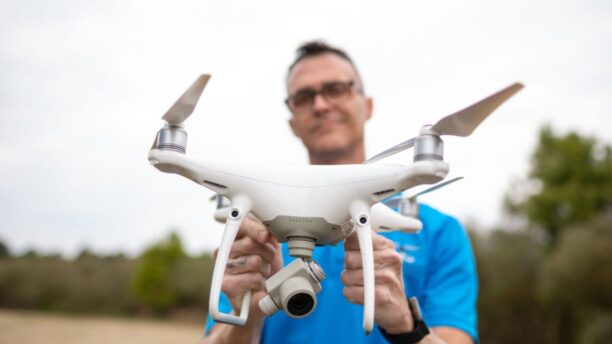
Resources for Additional Information on NC Drone Licenses
Now that you understand the consequences of operating without a license, it’s essential to know where to find reliable resources for further information on drone licenses in North Carolina. With the constantly evolving landscape of drone regulations, staying informed can make all the difference in your flying experience. As I began my drone journey, I relied on various resources to guide me; some were incredibly helpful! Let’s explore where you can find the information you need. 📚
Official Government Websites
- Federal Aviation Administration (FAA): The first place to start is the FAA’s official website. It contains comprehensive information about drone regulations, registration, and licensing requirements. They even have a dedicated section for Part 107 remote pilots, where you can find reading materials, study guides, and updates on rule changes.
- North Carolina Department of Transportation (NCDOT): The NCDOT also provides state-specific regulations and resources related to drone operations. Visiting their website will keep you informed about local laws, approved flight locations, and community guidelines. I found browsing through state-specific details to be immensely helpful when planning my flights.
Online Training Platforms and Courses**
- Remote Pilot 101: This is a popular online training resource that helps aspiring pilots prepare for the Part 107 test. They offer comprehensive courses, webinars, and practice exams that cover every aspect needed for drone operation, so you’ll feel well-prepared.
- Udemy and Coursera: Both of these platforms offer various courses on drone flying, safety regulations, and aerial photography. Look for highly-rated courses with positive reviews that best suit your learning style!
Community Forums and Social Media Groups
- Drone Pilot Networks: Joining online communities, whether through Facebook groups or specialized forums, allows you to connect with fellow pilots. These networks can provide valuable advice, local regulations, and personal experiences that can enrich your understanding. I learned some great tips through local forums while exploring new flying locations!
- YouTube Channels: Numerous YouTube channels focus on drone flying tips, licensing information, and tutorials. Channels run by professional drone pilots often discuss their experiences and any changes in regulations—much like the advice I picked up during my early flights! 🎥
Local Drone Clubs and Workshops
Participating in drone clubs or attending workshops in your area can be invaluable. These groups often organize training events, community flying days, and sessions on regulation updates. Networking with experienced pilots can enhance your knowledge and help you stay connected with the drone community. Harness these resources to ensure you’re always informed and compliant while enjoying your drone adventures in North Carolina! With the right knowledge, you can navigate the skies safely and responsibly. Happy flying! ✈️

